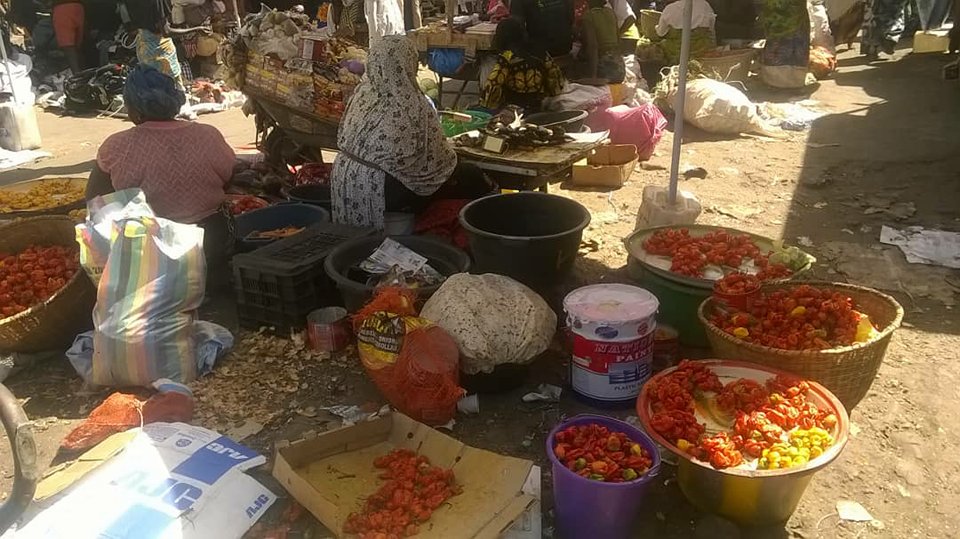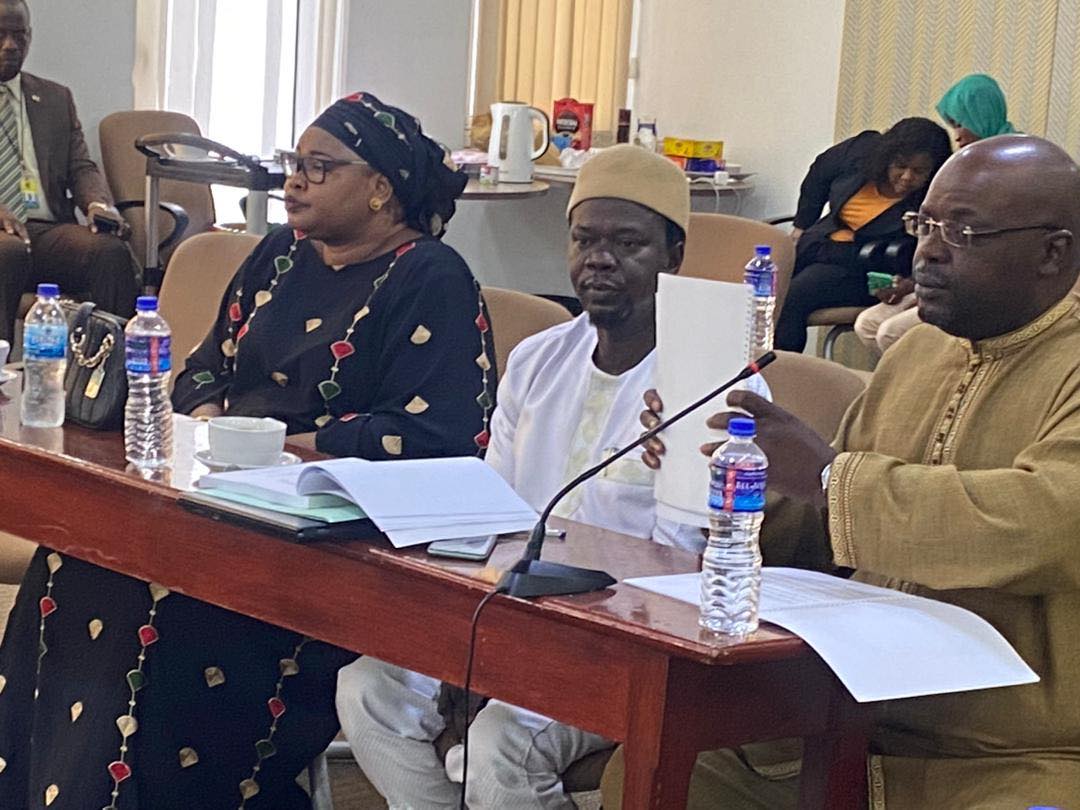By: Nyima Sillah
Owners of exchange bureaus have expressed dismay over the impact of covid-19 on their business in the Greater Banjul Area since the pandemic hit the country in March which has led to slowed down in the forex business.
Hagie Camara, managing director of Demba Kunda Financial Services, said: “the impact of Covid-19 on his business is huge and it make the business very slow compare to before. Adding that, they registered low currencies income and since the pandemic started, we received only local transfers because they lost most of their international customers.”
“Since the pandemic started “we have limited currencies and high expenses because the payment of tax with GRA and KMC is still normal and Central Bank also added software payment which we never paid before which really affect us because we have limited currency”, he said.
According to Camara, he has not paid his staff for almost two months due to financial constraints and when he requested loan from GT Bank, they said they cannot give out loan.
Lamin Drammeh, operating manager of MSJ Bureau de Change explained that, COVID-19 has a negative impact on their business because before the start of the pandemic, the flow of cash was normal but now it has become an issue and the situation is not favorable.
Adding that before the pandemic people were exchanging and sending money in and out of the country but now that is happening due to the COVID-19 and if they cannot change currencies then the level of the output will be low.
He added: “Our exchange of services is different compare to before because there was an easy and fast transaction between workers and customers but now all the processes are slow due to the pandemic”, he explained.
He said they are facing challenges in paying their staff even though some of them are not working and they cannot pay basic salaries so the expenses will maximize instead of minimize the profit.
“The company is losing trying to satisfy the needs of them.
“We were hoping that government will come to our aid but since we did not get that, the company is doing its part in trying to overcome the pandemic,” he said.
Meanwhile Ebrima Bah General Manager of Afia Financial Services said that, COVID-19 has a negative impact on his business particularly the ruminant aspect of it. “On daily bases we received so many transactions from outside the country but the outbreak of COVID-19 has affected our operations and the number of transactions we received”, he added.
“We have so many foreign bureaus in the country which makes the competition in the market very tense because we all share the same costumers so the only thing that support you is when you have so many outlets in the country that will help you minimize the effect of Covid19”
Bah stated that, the company is serious impacted with the pandemic as it a private sector and they are paying tax including other expenses so they find it difficult to survive in the industry, adding that the pandemic has not only affect the ruminant industry but all the economic sectors.
According to Bah, they have already cut down some of their expenses to limit their expenditure because they registered limited transactions and less profit compare to before. “We received support from the government because there was a time that GRA extended that payment of tax to two months and that support really help us”, he explained.
He further expressed gratitude to the government for providing them a conducive environment to operate and also commended all the private sectors, public sectors, public health officers and media personnel for coming on board to sensitize public about the Covid19.
Muhammed Gumaneh, staff of Gumaneh Bureau de Change, also explained that the impact of covid-19 on his business is very high because many people in the country depend on what they received from the diaspora and 99% of the bureaus depend on their profit making and hence Covid19 is global pandemic, everybody is affected.
Adding that they are having low currencies and the more transaction they have the more profit they make and the exchange of services is very low because transactions are not normal like before. “Government should put more effort and consider those that are working in the economic sectors”, he said.




